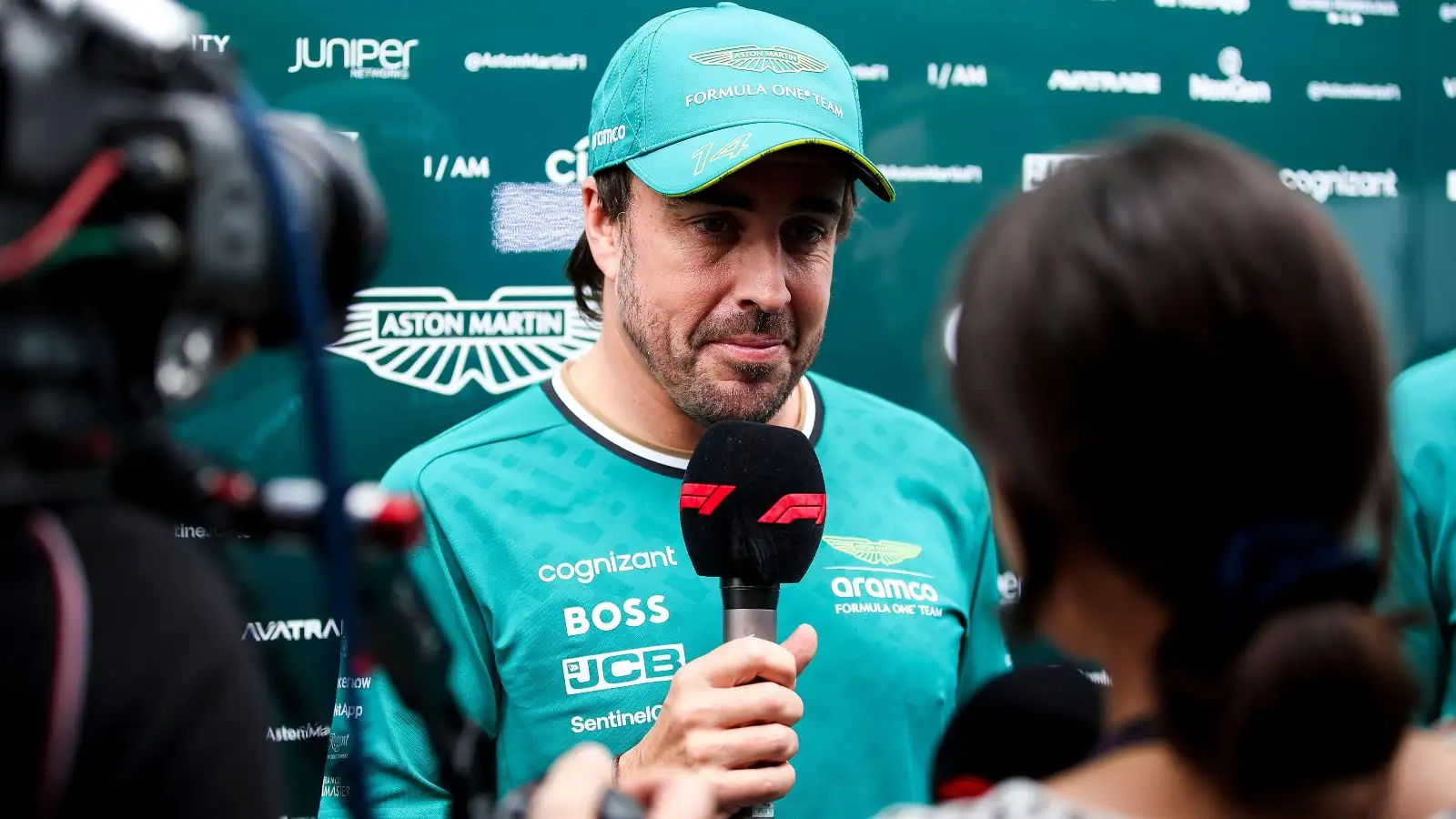Sports
More F1 2026 fears rise as Fernando Alonso questions ‘impossible’ weight target

The FIA announced its complete slate of Formula 1 2026 regulations, and while the cars might sound promising in practice, several drivers have already shared initial skepticism about how those rules will become reality.
Aston Martin’s Fernando Alonso is one such driver. Speaking to media ahead of the 2024 Canadian Grand Prix, Alonso expressed skepticism about the alleged 30kg drop in weight. According to the Spaniard, that’s an “impossible target.”
Weight will increase due to ‘power unit,’ says Fernando Alonso
Key among the many tweaks and upgrades coming in 2026 is an increase in electrical power; power will be evenly split between an electric battery and an internal combustion engine, which is a threefold increase in electric power over the current power units.
The FIA’s most recent announcement also revealed that the wheelbase and width of the cars will be shortened, while downforce will be reduced by 30% and drag by 55% in order to ideally help for overtaking.
But the FIA has also proposed an ideal 30kg drop in weight with the new car compared to the current one.
F1’s 2026 regulations, explained:
👉 F1 2026 regulations officially unveiled with new-look car of the future
👉 F1 2026 rules: FIA announce gamechanging DRS, ERS tweaks for new-look cars
👉 The five key takeaways from the FIA’s major 2026 regulations overhaul
Speaking to media ahead of the Canadian Grand Prix, Alonso directly stated that “I think it is impossible probably to achieve 30 kilos already.
“If the power unit is 50% electric and you need the batteries to support that, cars will just increase 20 or 30 kilos because of the power unit. And then you want to reduce 30 [kg] — you need to drop 60 kilos of the current car, which is the same as at the moment, probably to the teams, an impossible target.”
While Alonso did admit that the “clever people” designing these new machines will likely be able to introduce some unique solutions to these engineering challenges, he admitted that it will be a challenge.
Alex Albon of Williams also mentioned his desire for “more simple engines” to assembled media.
Current automotive trends have seen a growth in the use of hybridization over full electric power; to remain on the cutting edge of technology, F1 obviously needs to follow the same path.
However, the increases in efficiency and power afforded by a hybrid powertrain comes with a drawback in terms of weight. Batteries are inherently heavy, and engineers have so far been unable to find a simple solution to making them lighter. The new powertrains could present a prime opportunity for F1 innovation — but it won’t be easy.
Read next: Lewis Hamilton claims F1 2026 regs weight saving falls short with cars looking ‘pretty slow’


)






